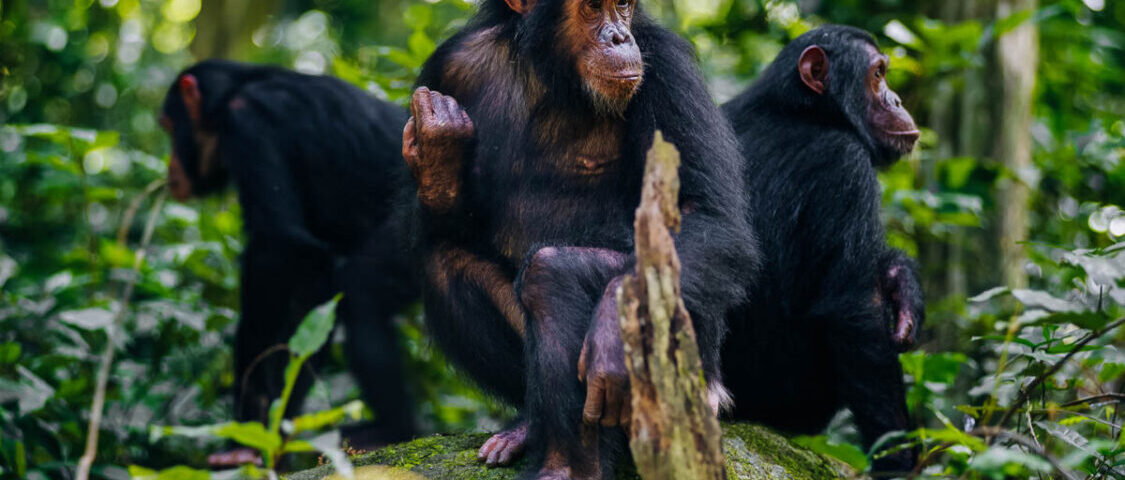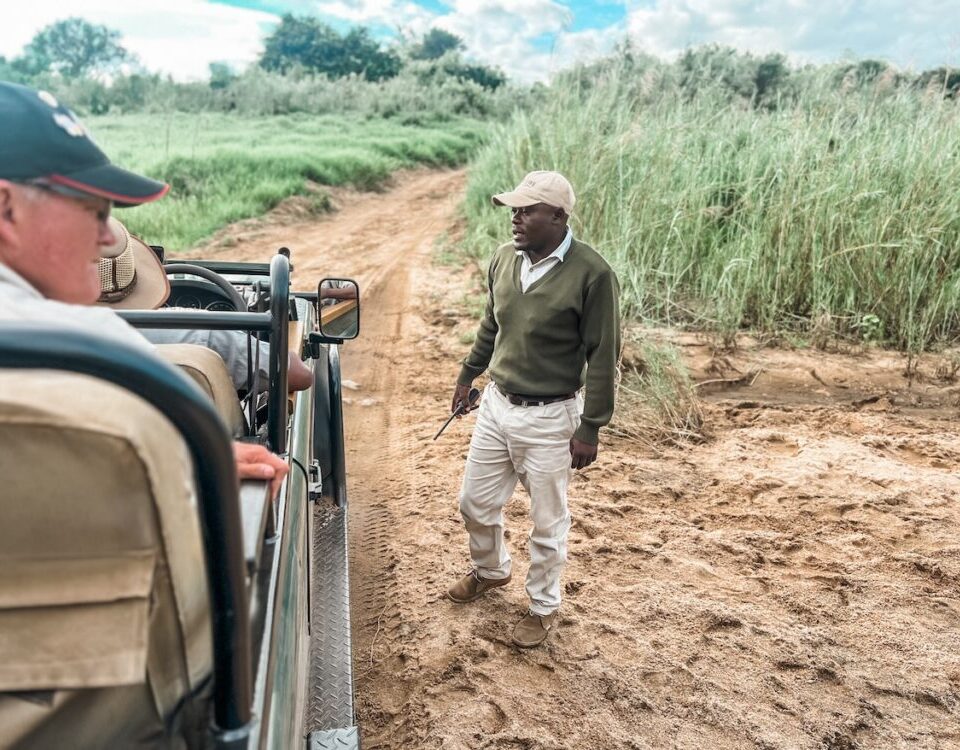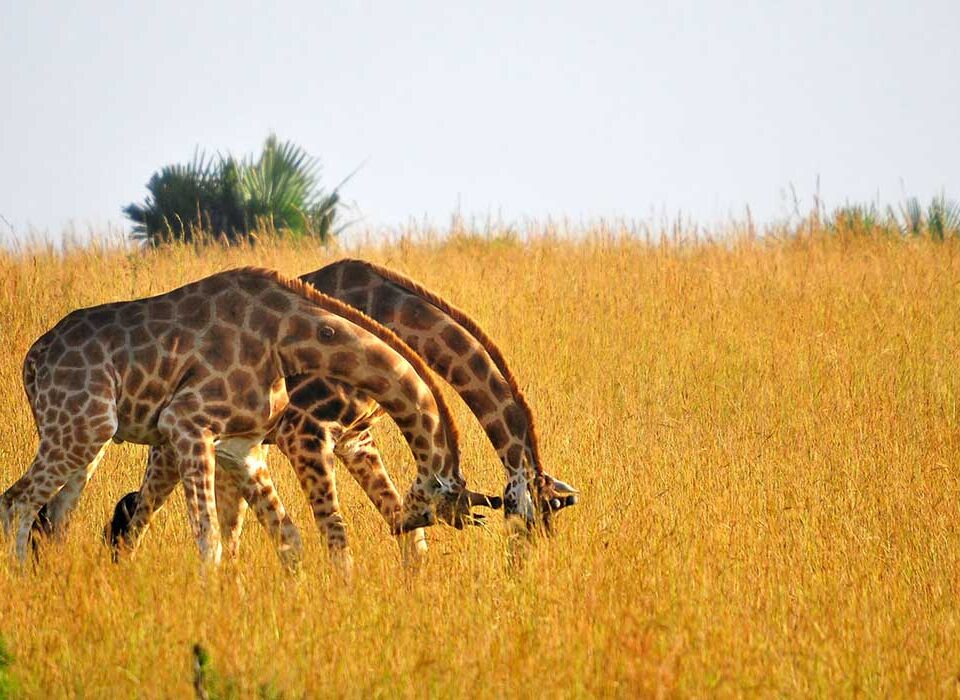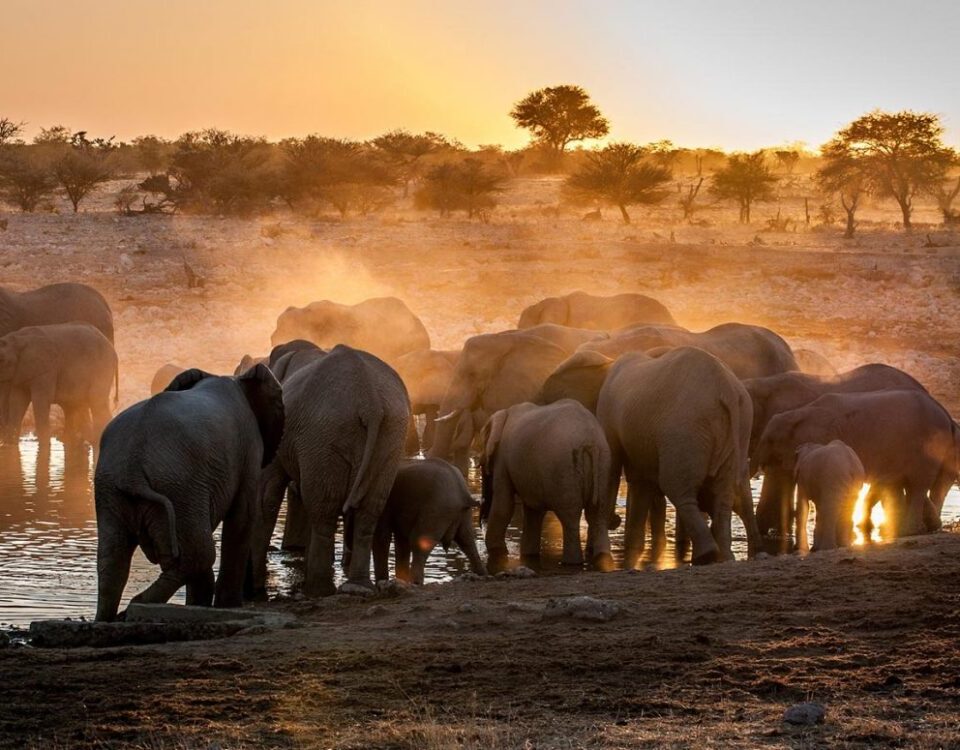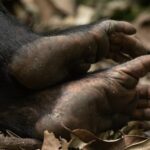
How Long Does It Take for a Chimpanzee to Walk?
July 2, 2025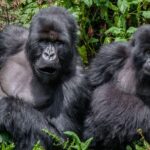
What Is Uganda Gorilla Trekking and How Does It Differ from Game Drive Safaris?
July 3, 2025What is the Lifespan of a Chimpanzee?
For many wildlife enthusiasts planning an unforgettable Uganda safari or Rwanda safari, understanding the lifespan of a chimpanzee adds a fascinating dimension to their experience. These remarkable primates, closely related to humans, captivate visitors during chimpanzee tracking excursions in East Africa’s lush forests. The question “What is the lifespan of a chimpanzee?” is often asked by travelers who seek to deepen their appreciation for chimpanzee behavior, conservation challenges, and their role in the ecosystem.
Chimpanzees have a unique biological and social structure that influences their longevity in the wild and captivity. Knowing their typical lifespan enhances the value of any wildlife safari and provides important context for activities like Gorilla Trekking Rwanda or Uganda Gorilla Trekking. Furthermore, combining chimpanzee tracking with gorilla trekking expeditions offers travelers a comprehensive primate-focused tour, blending thrilling wildlife encounters with rich cultural experiences.
This article dives into the details of chimpanzee lifespans, factors affecting their longevity, and what this means for travelers eager to experience authentic Rwanda tours and Uganda safaris while also supporting conservation and community initiatives.
Understanding Chimpanzee Lifespan: Wild vs Captivity Perspectives
Chimpanzees in the wild generally live between 33 to 40 years on average, although some individuals can live longer under optimal conditions. In contrast, chimpanzees in captivity, such as those in research facilities or sanctuaries, may live up to 50 to 60 years due to consistent food supply, veterinary care, and absence of predators. The difference in lifespan highlights the challenges chimpanzees face in their natural habitats, including disease, predation, food scarcity, and habitat loss.
During a typical Uganda safari or Rwanda safari, travelers observing chimpanzees in forests like Kibale National Park or Nyungwe National Park witness the incredible resilience and adaptability of these animals. Chimpanzee tracking experiences allow visitors to glimpse individuals of various ages—from playful juveniles to wise elders—each contributing to the social fabric of their communities.
The lifespan of chimpanzees also impacts wildlife conservation strategies and tourism management. For example, Gorilla Trekking Rwanda and Uganda Gorilla Trekking initiatives emphasize the protection of mature breeding groups to ensure the long-term survival of these primates. Understanding lifespan helps visitors appreciate why sustainable tourism and responsible tracking are vital for preserving chimpanzee populations.
Factors Influencing the Lifespan of Chimpanzees in the Wild
Several key factors influence how long chimpanzees live in the wild, shaping their survival and health on a day-to-day basis during your chimpanzee tracking or gorilla trekking tours.
Environmental Conditions and Habitat Quality
Chimpanzees rely heavily on the availability of food, water, and shelter within their forest habitats. Forests like Uganda’s Kibale and Rwanda’s Nyungwe provide abundant fruit, leaves, and insects that sustain their diet. However, deforestation, climate change, and human encroachment reduce habitat quality and force chimpanzees to adapt or face increased mortality, shortening their lifespans.
Social Structure and Group Dynamics
Chimpanzees live in complex social groups, which influence their survival rates. Strong social bonds provide protection against predators and reduce stress, which positively affects longevity. During chimpanzee tracking on your Uganda safari or Rwanda tour, observing these interactions reveals how group cohesion plays a role in individual health and lifespan.
Disease and Predation
In the wild, chimpanzees face threats from diseases such as respiratory infections and viruses, some of which can be transmitted from humans during close encounters. Predators like leopards and snakes also pose risks. Responsible chimpanzee tracking, alongside Gorilla Trekking Rwanda practices, now incorporates health protocols to minimize disease transmission and ensure safe distances between humans and primates.
Lifespan Insights from Combining Chimpanzee Tracking and Gorilla Trekking
For those considering a comprehensive wildlife safari, combining Uganda Gorilla Trekking with chimpanzee tracking provides a broader perspective on primate life cycles and conservation challenges. Gorillas typically have longer lifespans, often reaching 35 to 50 years in the wild, with some living beyond 50 years in captivity.
Experiencing both chimpanzee tracking and gorilla trekking on the same Uganda safari or Rwanda tour exposes travelers to the different ecological niches, behaviors, and longevity patterns of these great apes. While chimpanzees are more arboreal and move frequently through forest canopies, gorillas tend to live in more stable family groups on the forest floor.
This dual encounter enhances appreciation for the diversity of primate life and the efforts required to protect them. Visitors gain a deeper understanding of how lifespan relates to social structures, reproduction, and habitat management — all crucial elements highlighted by Wild Village Safaris’ tailored tours.
Cultural Experiences Enhancing Your Wildlife Safari in Uganda and Rwanda
Beyond primate tracking, cultural experiences enrich any Uganda safari or Rwanda safari, offering insight into the lives of local communities living in harmony with nature.
Engaging with Indigenous Communities
Many chimpanzee and gorilla habitats overlap with indigenous populations such as the Batwa in Uganda and Rwanda. These forest dwellers possess centuries-old knowledge about primates and conservation. Visitors on Rwanda tours or Uganda Gorilla Trekking safaris can participate in cultural visits, learning traditional music, dance, hunting techniques, and sustainable forest management.
Community-Based Tourism and Conservation
Cultural encounters often go hand-in-hand with community-based tourism projects that directly support conservation. By visiting local villages and engaging with artisans, travelers help improve livelihoods, which reduces pressures on primate habitats. Combining chimpanzee tracking with Uganda Gorilla Trekking tours can be complemented by these cultural activities, ensuring a holistic safari experience that supports both wildlife and people.
Preparing for Your Chimpanzee Tracking and Gorilla Trekking Safari
A successful chimpanzee tracking or gorilla trekking safari requires preparation that respects both the primates’ needs and the traveler’s comfort.
Physical Readiness and Equipment
Both chimpanzee tracking and Uganda Gorilla Trekking involve trekking through dense forest and sometimes rugged terrain. Trekking distances can vary from a couple of hours to a full day depending on the location of the primates. Proper hiking boots, rain gear, and lightweight clothing are essential. Binoculars and cameras with zoom lenses help observe chimpanzees without disturbing them.
Ethical Tourism and Conservation Awareness
Understanding chimpanzee lifespans and behaviors reinforces the importance of ethical tourism. Staying the recommended distance from the animals, adhering to time limits on viewing, and following park guidelines protect these endangered species. Wild Village Safaris emphasizes responsible wildlife safari practices, ensuring guests contribute positively to conservation efforts.
Conclusion: Appreciating the Lifespan of Chimpanzees on Your Next Safari Adventure
In summary, what is the lifespan of a chimpanzee? Wild chimpanzees typically live between 33 and 40 years, while those in captivity may live considerably longer. This lifespan reflects complex ecological, social, and health factors that define their existence in the forests of Uganda and Rwanda.
For safari travelers, understanding chimpanzee longevity adds depth to chimpanzee tracking and Gorilla Trekking Rwanda adventures, enhancing appreciation of these incredible primates and the conservation efforts required to protect them. Combining Uganda Gorilla Trekking with chimpanzee tracking offers a diverse, enriching wildlife safari that also incorporates vibrant cultural experiences.
At Wild Village Safaris, we invite you to explore these fascinating animals within their natural habitats while supporting sustainable tourism. Whether you choose a Uganda safari or Rwanda tour, the lifespan of chimpanzees is just one of many intriguing aspects that make your wildlife safari truly unforgettable.

